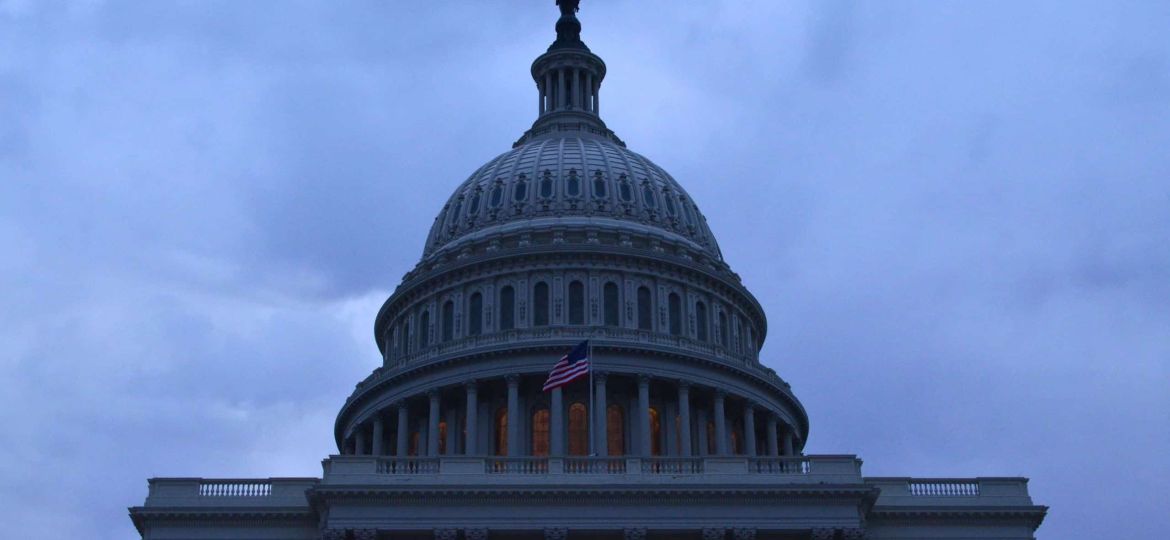
Impact of Trump’s Executive Orders on Discrimination Laws and Protections
Overview DEI Executive Orders
In January 2025, President Donald Trump issued several executive orders significantly impacting Diversity, Equity, and Inclusion (DEI) initiatives within the federal government and among federal contractors. These actions represent a substantial shift in federal policy concerning DEI efforts.
Rescission of Executive Order 11246
One of the key executive orders revoked Executive Order 11246, originally signed in 1965, which prohibited discrimination by federal contractors and mandated affirmative action to ensure equal employment opportunities. This revocation removes requirements for federal contractors with at least 50 employees and a single contract of $50,000 or more to develop an Affirmative Action Program (AAP).
Elimination of DEI Programs in Federal Agencies
Another executive order mandated the dismantling of DEI offices and programs across federal agencies. The Office of Personnel Management (OPM) was instructed to terminate DEI-related positions within 60 days. Federal employees were directed to report any efforts to disguise DEI programs, with potential adverse consequences for failing to do so.
Redefinition of Gender in Federal Policies
Additionally, President Trump signed Executive Order 14166, titled “Defending Women from Gender Ideology Extremism and Restoring Biological Truth to the Federal Government.” This order requires federal departments to recognize gender strictly as a male-female binary, determined by biological sex assigned at conception. It mandates replacing all instances of “gender” with “sex” in federal materials, ceasing funding for gender-affirming care, and prohibiting transgender individuals from using single-sex federally funded facilities that align with their gender identity.
These executive orders have prompted significant discussion and debate regarding the future of DEI initiatives and gender policies within federal operations and among federal contractors.
Impact on discrimination laws and protections
President Trump’s 2024 executive actions targeting Diversity, Equity, and Inclusion (DEI) policies have significant implications for discrimination laws, particularly those involving federal contractors, gender recognition, and workplace inclusion. Here’s how these actions may affect discrimination laws:
- Rescission of Affirmative Action for Federal Contractors
- What Changed?
- Trump revoked Executive Order 11246, which mandated federal contractors to implement affirmative action and ensure equal employment opportunities.
- Impact:
- Affirmative action programs: Federal contractors are no longer legally required to develop or maintain affirmative action programs.
- Employment diversity: Without these programs, businesses may deprioritize diversity efforts, potentially affecting underrepresented groups.
- Enforcement of anti-discrimination: Discrimination laws, like Title VII of the Civil Rights Act of 1964, still apply, but proactive measures to improve workplace equity will be reduced.
- Elimination of DEI Programs in Federal Agencies
- What Changed?
- Federal agencies are now barred from maintaining DEI offices or programs, and employees are directed to report attempts to continue or disguise such efforts.
- Impact:
- Workplace inclusion efforts: Federal agencies lose tools to address systemic biases, potentially making workplaces less inclusive for minorities and underrepresented groups.
- Reporting discrimination: DEI offices often assist in addressing workplace discrimination and harassment. Their removal might reduce resources available to address grievances.
- Gender and Sex Redefinition
- What Changed?
- Under Executive Order 14166, federal agencies are now required to define gender as strictly binary (male or female) based on biological sex.
- Impact:
- LGBTQ+ rights: This redefinition may eliminate federal protections recognizing non-binary and transgender identities.
- Access to facilities: Transgender individuals may face restrictions in accessing bathrooms, shelters, or services that align with their gender identity.
- Healthcare discrimination: By ceasing funding for gender-affirming care, access to necessary medical treatments for transgender individuals may be diminished.
- Broader Implications for Discrimination Laws
- Legal risks for employees: Employees in federal agencies may find it harder to report discrimination or workplace inequities, especially if DEI programs were previously their main recourse.
- Chilling effect: Private employers and state governments could follow suit by reducing their own DEI programs, affecting workplaces nationwide.
- State-level conflicts: These changes may contradict anti-discrimination laws in states that actively protect affirmative action and transgender rights, leading to potential legal battles.
Legal Protections Still in Place
While these actions roll back federal DEI initiatives, key anti-discrimination laws remain intact, including:
- Title VII of the Civil Rights Act of 1964 (prohibits employment discrimination based on race, color, religion, sex, and national origin);
- 42 USC Section 1981 (prohibits employment discrimination based on race in contracting/employment);
- Americans with Disabilities Act (ADA) (prohibits discrimination against individuals with disabilities).
In summary, the executive orders shift federal policy away from proactively addressing systemic inequities, potentially creating a less inclusive environment, especially for underrepresented groups and the LGBTQ+ community, and may result in long-term changes in workplace diversity and inclusion efforts. However, anti-discrimination laws remain intact, and employment discrimination based on race, color, sex, religion, disability, national origin, sexual orientation, and gender identity is still prohibited.
If you believe you have been a victim of employment discrimination and want to know more about your rights, visit our Know Your Rights pages or contact Fett Law today for a free case evaluation.
This page is for general informational purposes only and should not be considered legal advice. Only an attorney with comprehensive knowledge of employment law and the individualized facts of your case can tell you whether you have a claim. You should always consult with an attorney before taking or refraining from any action.